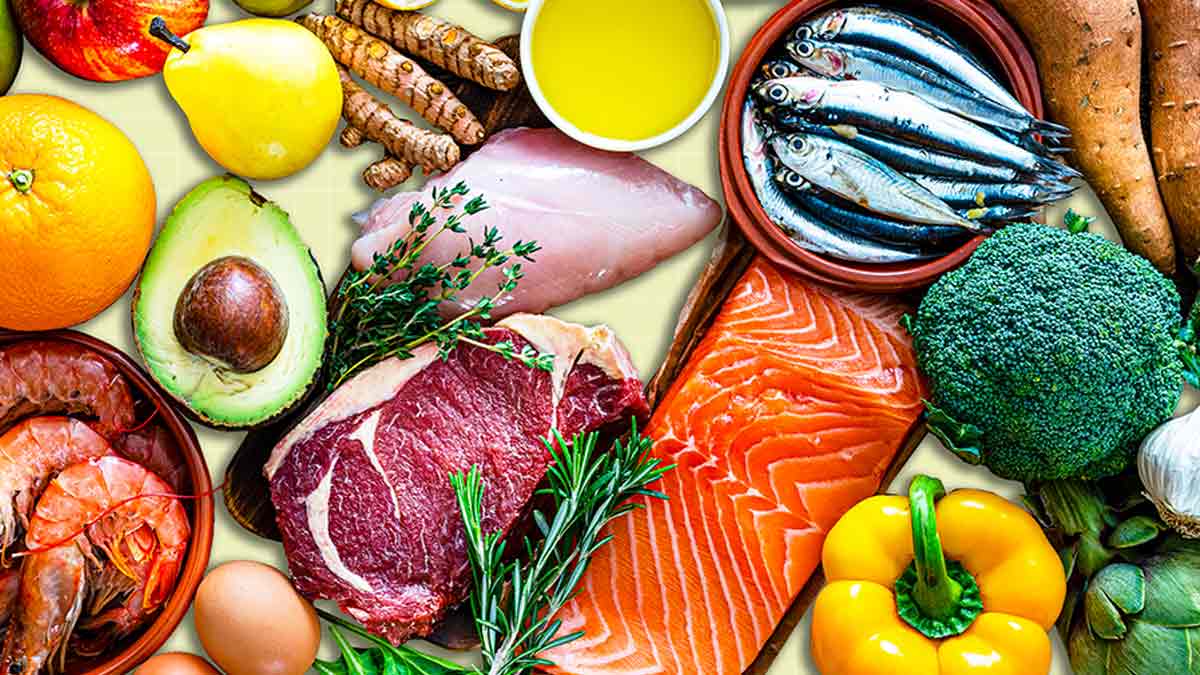
The world of weight loss is a maze of diets, each promising transformative results. Among them, the Dukan Diet has recently surged in popularity, captivating the attention of those eager to shed excess pounds. But does this regimen truly deliver on its promises, or is it merely another fleeting trend in the ever-evolving landscape of fad diets?
Table of Content:-
Unveiling the Dukan Diet
Originating from the innovative mind of Dr. Pierre Dukan, a French general practitioner, the Dukan Diet emerges as a structured plan divided into four distinct phases. Conceived in the 1970s and refined over the years, this diet gained widespread recognition with the publication of Dukan's seminal work, "The Dukan Diet," in 2000. Its allure lies in the prospect of rapid weight loss without enduring hunger—a tantalizing proposition for many seeking a slimmer silhouette.
The Rigorous Journey
Embarking on the Dukan Diet necessitates unwavering commitment. Its initial phases are characterized by stringent restrictions, reminiscent of other low-carb, high-protein diets like Atkins and Stillman. Daily consumption of oat bran supplements, meticulous tracking of progress, and adherence to phase-specific guidelines are indispensable facets of this journey.

Customisation Amid Constraints
While the Dukan Diet permits some dietary accommodations, such as gluten-free or dairy-free alternatives, its compatibility with vegetarian or vegan lifestyles remains questionable. The regimen's emphasis on lean protein may pose challenges for individuals eschewing animal products, underscoring its limitations in catering to diverse dietary preferences.
Also Read: Olivia Culpo Removes Lip Filler Ahead Of Her Wedding; All About Lip Augmentation
Phases Unveiled
Structured around an individual's target weight, the Dukan Diet unfolds in four sequential phases, each tailored to facilitate weight loss and subsequent maintenance. From the initial "Attack" phase, characterised by unlimited lean protein, to the indefinite "Stabilization" phase, the regimen evolves to accommodate changing nutritional needs.
Navigating the Food Maze
Central to the Dukan Diet experience is a curated selection of permissible foods, meticulously delineated across its phases. From an abundance of lean proteins to the occasional indulgence in fruits and starches, each phase presents a nuanced approach to dietary composition.
Also Read: Akshay Kumar Seen Sunbathing On Jolly LLB 3 Set In Ajmer; Here’s Why You Should Do It Too
An Evidentiary Void
Despite its widespread adoption, the Dukan Diet's efficacy remains shrouded in ambiguity. Sparse research endeavours offer scant insight into its long-term impact and safety profile, leaving a void in our understanding of its broader implications.
Safety Concerns and Sustainability
Critics voice apprehensions regarding the Dukan Diet's safety and sustainability. Its restrictive nature and unbalanced nutritional composition raise red flags, underscoring the potential for adverse health outcomes and dietary inadequacies.
Beyond the Numbers
While rapid weight loss may initially captivate enthusiasts, the Dukan Diet's sustainability falters under scrutiny. Its arduous demands and potential health risks cast doubt on its viability as a long-term solution, urging proponents to seek alternative, more holistic approaches to weight management.
Bottomline: A Balanced Perspective
In navigating the labyrinth of fad diets, the Dukan Diet emerges as a compelling yet contentious contender. Its allure lies in the promise of swift transformation, yet its restrictive nature and dearth of empirical support warrant caution. As we weigh its merits against its pitfalls, prudence dictates a balanced approach—one rooted in evidence-based strategies and sustainable lifestyle modifications. For true and enduring success, perhaps the path forward lies not in fleeting trends but in the enduring embrace of holistic well-being.
Also watch this video
How we keep this article up to date:
We work with experts and keep a close eye on the latest in health and wellness. Whenever there is a new research or helpful information, we update our articles with accurate and useful advice.
Current Version